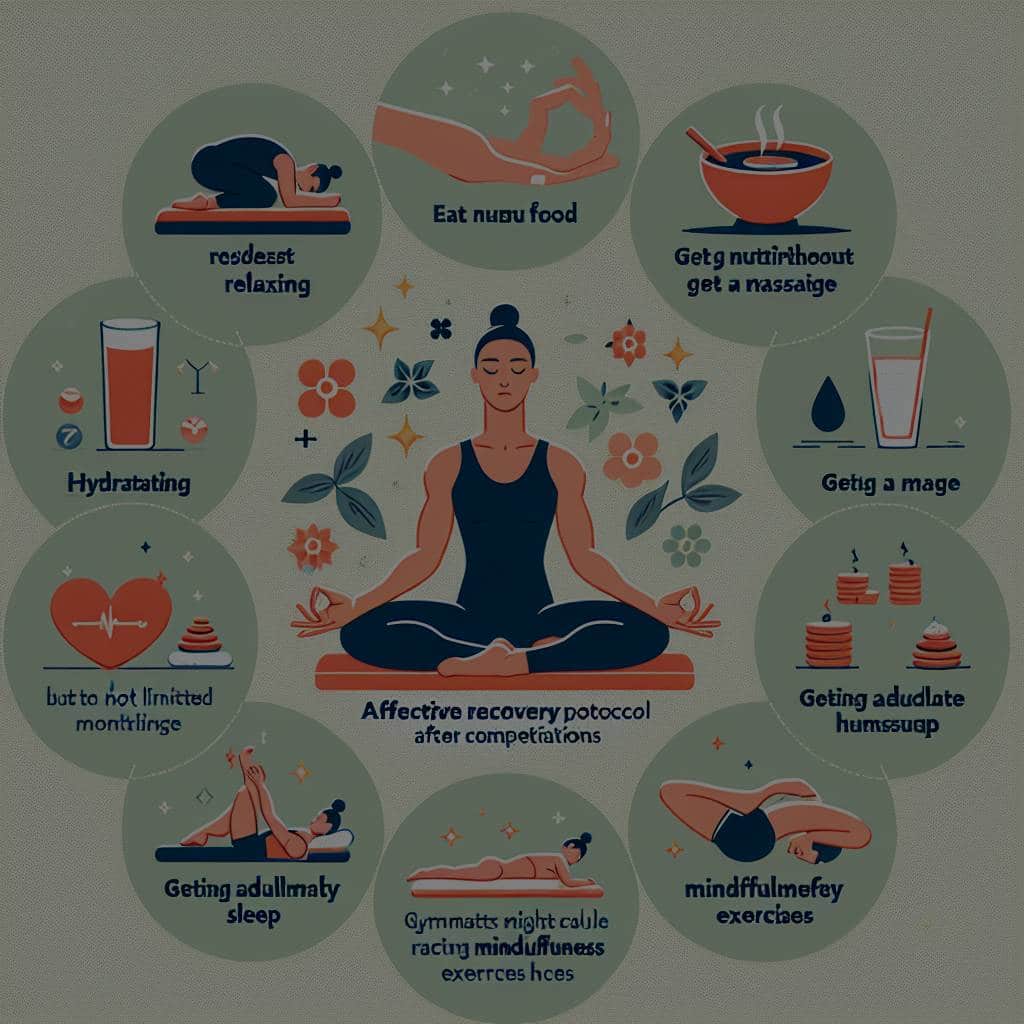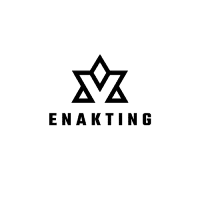What’s the Most Effective Recovery Protocol for Gymnasts After Competitions?

As you strive to enhance your performance in gymnastics or any other sport, it’s crucial not to overlook the importance of the recovery process. The effort you put into your training session or competition won’t yield the desired results if your body doesn’t undergo a proper recovery regime. Like a well-oiled machine, the athlete’s body requires regular maintenance to keep performing at its peak. This article will delve into various recovery options for athletes, focusing primarily on gymnasts, and the science behind their effectiveness.
Incorporating Compression Therapy in Your Recovery Routine
Compression therapy isn’t a novel concept in the sports world. You’ve probably seen countless athletes wearing compression gear during or after training sessions and competitions. But have you ever wondered why?
This might interest you : How Can Ultramarathon Runners Effectively Deal with Sleep Deprivation?
Research indicates that compression garments can enhance the recovery process by improving blood circulation, decreasing muscle swelling, and reducing muscle stiffness. As per a study published on PubMed, athletes wearing compression gear after strenuous exercise reported less muscle soreness than those who didn’t.
As a gymnast, incorporating compression therapy into your recovery protocol might be beneficial. Wearing compression garments for a few hours after a competition could prevent injuries, enhance muscle recovery, and prepare your body for subsequent training sessions.
This might interest you : The benefits of rafting in Bali for body and mind
The Role of Protein Consumption in Muscle Recovery
You might think that muscle building and recovery occur during a training session, but that’s a common misconception. When you engage in strenuous physical activity, your muscles undergo wear and tear. The actual muscle rebuilding process occurs during the recovery phase, and protein plays a pivotal role in this process.
According to Google Scholar, consuming protein immediately after training can initiate muscle protein synthesis, helping your body rebuild and repair the damaged muscle tissues. A high-quality protein source provides your body with essential amino acids necessary for this process.
Post-competition, consuming a protein-rich snack or drink can make a world of difference. It can expedite the recovery process, reduce muscle soreness, and amplify your athletic performance during subsequent training sessions or competitions.
The Power of Cold Water Immersion
Cold water immersion, also known as ice baths or cryotherapy, is a popular recovery technique among athletes. But, it’s not just a trendy fad with no scientific backing. Cold water immersion works by constricting blood vessels and decreasing metabolic activity, which reduces swelling and tissue breakdown.
Furthermore, according to PubMed, immersing your body in cold water after a strenuous workout can reduce muscle soreness and inflammation, accelerating the recovery process. For gymnasts, who frequently suffer from muscle strains and injuries, this could be a valuable addition to their recovery routine.
However, it’s crucial to consult a healthcare professional before incorporating cold water immersion into your recovery protocol. They can guide you about the right duration and temperature for your body and ensure it doesn’t interfere with your health or performance.
Maximizing Recovery Through Sleep
Often overlooked, sleep is a powerful recovery tool for any athlete. According to a study on Google Scholar, sleep plays a crucial role in cognitive functions like learning, memory, and creativity, all of which can significantly impact a gymnast’s performance.
During a deep sleep phase, your body produces growth hormones that aid in muscle repair and recovery. It’s also the time when the body’s energy stores, depleted during a strenuous workout or competition, are replenished.
A good night’s sleep isn’t just about quantity but also quality. Investing in a comfortable sleeping environment, maintaining a regular sleep schedule, and avoiding caffeine and screens before bed can help you maximize the recovery benefits of sleep.
Embracing Active Recovery
While it might be tempting to spend the day lounging on the couch after a tough competition, active recovery could be more beneficial. Light, low-impact activities like walking, cycling, or yoga can increase blood flow, delivering more oxygen and nutrients to your muscles, which can expedite the recovery process.
According to PubMed, active recovery can also help alleviate muscle tightness and reduce soreness compared to passive recovery. So, instead of giving in to the alluring call of your couch post-competition, consider taking a leisurely walk or engaging in some gentle stretching exercises.
In conclusion, there’s no one-size-fits-all approach to recovery. What works best for you might depend on various factors like your body type, fitness level, and the nature of your exercise or sport. However, incorporating a mix of the above strategies can optimize your recovery process, enhancing your overall performance and well-being.
Recovering through Contrast Water Therapy
Contrast water therapy is another recovery technique that athletes can leverage to expedite the recovery process. This therapy consists of alternating between immersions in hot and cold water. The idea behind this method is to exploit the benefits of both heating (for its positive impact on blood flow) and cooling (for its beneficial effect on reducing muscle damage).
As per PubMed, contrast water therapy may help reduce perceived muscle soreness and hasten the return to homeostasis after exercise. Researchers believe that the alternation between hot and cold immersions may cause a kind of ‘pumping’ action in the muscles due to the repeated dilation and constriction of blood vessels. This, in turn, can help flush out waste products that accumulate during exercise.
Gymnasts, therefore, may find contrast water therapy beneficial after their strenuous competitions. The therapy could help in reducing muscle soreness, improving flexibility, and enhancing overall recovery. But, it’s important to remember that the temperature and duration of immersions should be set under the guidance of a healthcare professional to prevent any potential adverse effects.
Strategic Use of Antioxidant Supplements
Apart from consuming a protein-rich diet after exercise, introducing antioxidant supplementation into your recovery protocol might also be beneficial. Antioxidants help combat oxidative stress caused by exercise-induced free radical production, which can lead to muscle inflammation and damage.
PubMed Google identifies several studies indicating that antioxidant supplementation post-exercise can help reduce muscle damage and inflammation, thereby promoting faster recovery. However, the timing, dosage, and type of antioxidants matter. Some popular antioxidant-rich foods and supplements include tart cherry juice, blueberries, and vitamin C and E supplements.
Thus, incorporating antioxidant supplements into your recovery routine can be an effective way to mitigate exercise-induced muscle damage and accelerate recovery. However, it’s always advisable to consult with a nutritionist or a healthcare professional before starting any supplementation regime.
Conclusion
In conclusion, recovery is an integral part of any athlete’s training regime, especially for gymnasts who engage in high-intensity and physically demanding routines. Various recovery techniques like compression therapy, protein consumption, cold water immersion, sleep, active recovery, contrast water therapy, and antioxidant supplementation can help expedite the recovery process, mitigate muscle soreness, and enhance overall performance.
However, these strategies should not be considered in isolation. Instead, a blend of these techniques should be incorporated, tailored to the individual’s needs, exercise intensity, and body response. It’s always best to consult with healthcare professionals before implementing any new recovery protocols to ensure they align with your health status and athletic goals. By paying attention to recovery, gymnasts can ensure they’re ready for the next training session or competition, primed to perform at their best.
